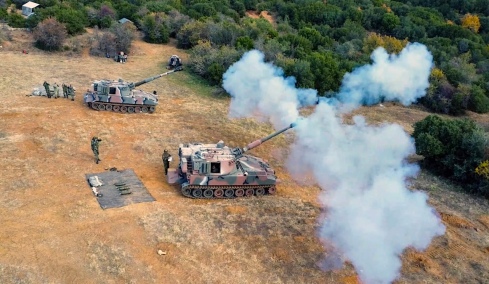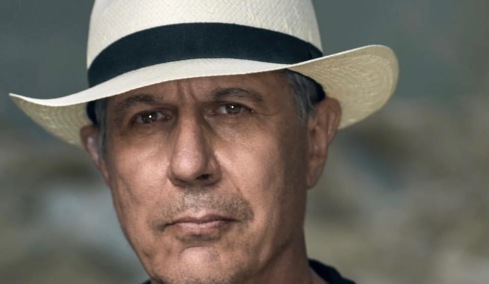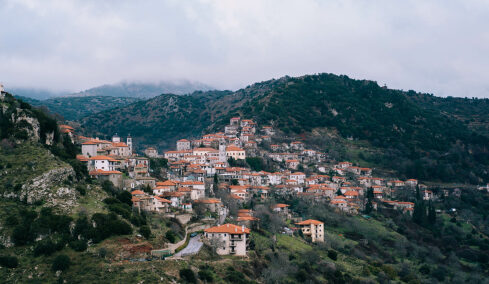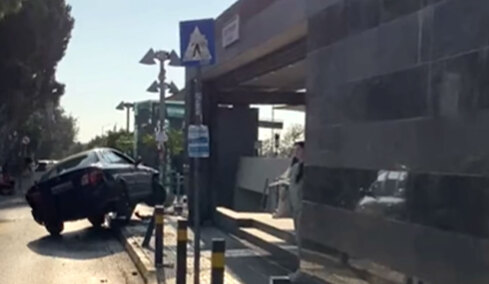
PASOK decides on quick election of the new president
PASOK decides on quick election of the new president
PASOK is indeed moving into a new era, with Papandreou stating that he won’t return as a presidential or prime minister candidate, but the arrival of this era is proven to be extremely difficult.
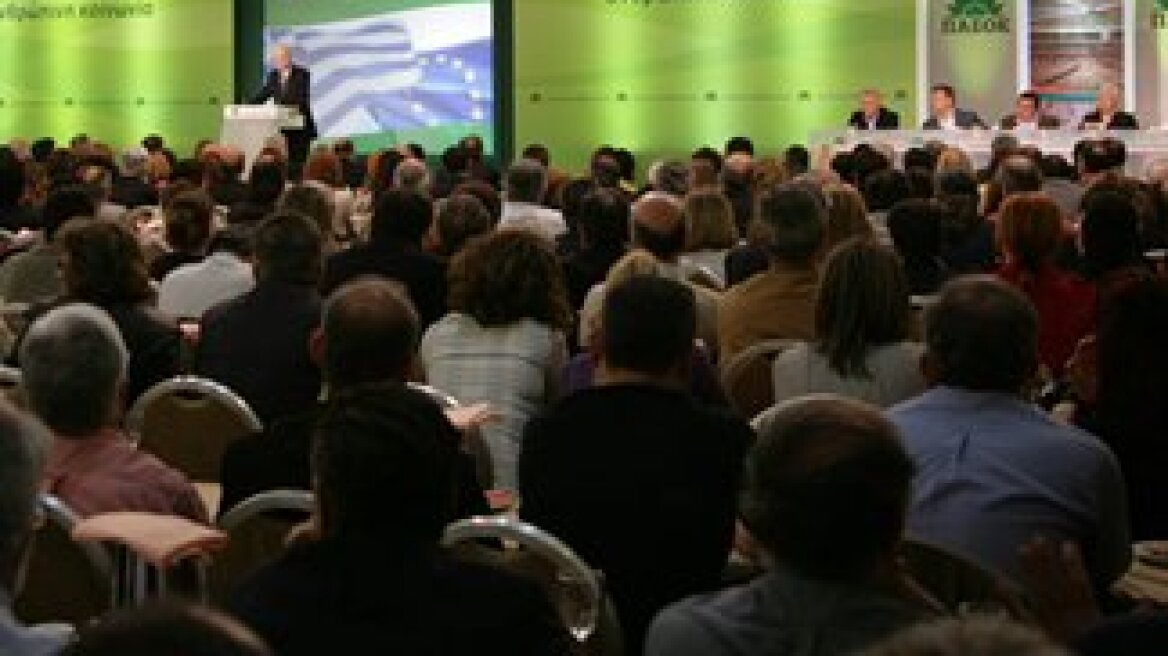
UPD:
PASOK is indeed moving into a new era, with Papandreou stating that he won’t return as a presidential or prime minister candidate, but the arrival of this era is proven to be extremely difficult.
The reason is the persistence of Papandreou to maintain an important role in the movement for a critical period, leading Wednesday’s meeting of the political council to reject the proposal of the former prime minister to withdraw in two phases, thus introducing a peculiar system of transitional diarchy: Papandreou proposed that the party's parliamentary group elect its leader and prospective prime minister now, and after the national elections set up polls for the new president of the party with him maintaining that position until then, thus having a co-administration for this period.
His proposal was categorically rejected by all the top executives and would-be successors, and by most members of the political council, who asked for the new president to be elected before the national elections. After the dead end at the political council, the whole issue will finally be decided by the national council, which meets on January 14 and 15. The question is whether Papandreou can now control the majority of the national council. His commitment that he won’t be a candidate again brings up the possibility of a break-up of his close supporters. The national council will essentially be asked to choose between two paths: either decide to set up polls in January to elect a new president or propose a more complex, but also clean solution, if it is deemed that such an intraparty process will have negative effects on the country's effort to avoid default. In this case the prevailing approach is to directly elect the parliamentary leader and candidate prime minister, who will have the main responsibility of the party - with the current president strictly limited to an official role - and to initiate procedures to elect a president as early as possible and before the coming elections, either by a council or by polls.
The reason is the persistence of Papandreou to maintain an important role in the movement for a critical period, leading Wednesday’s meeting of the political council to reject the proposal of the former prime minister to withdraw in two phases, thus introducing a peculiar system of transitional diarchy: Papandreou proposed that the party's parliamentary group elect its leader and prospective prime minister now, and after the national elections set up polls for the new president of the party with him maintaining that position until then, thus having a co-administration for this period.
His proposal was categorically rejected by all the top executives and would-be successors, and by most members of the political council, who asked for the new president to be elected before the national elections. After the dead end at the political council, the whole issue will finally be decided by the national council, which meets on January 14 and 15. The question is whether Papandreou can now control the majority of the national council. His commitment that he won’t be a candidate again brings up the possibility of a break-up of his close supporters. The national council will essentially be asked to choose between two paths: either decide to set up polls in January to elect a new president or propose a more complex, but also clean solution, if it is deemed that such an intraparty process will have negative effects on the country's effort to avoid default. In this case the prevailing approach is to directly elect the parliamentary leader and candidate prime minister, who will have the main responsibility of the party - with the current president strictly limited to an official role - and to initiate procedures to elect a president as early as possible and before the coming elections, either by a council or by polls.
UPD:
Ακολουθήστε το protothema.gr στο Google News και μάθετε πρώτοι όλες τις ειδήσεις
Δείτε όλες τις τελευταίες Ειδήσεις από την Ελλάδα και τον Κόσμο, τη στιγμή που συμβαίνουν, στο Protothema.gr
Δείτε όλες τις τελευταίες Ειδήσεις από την Ελλάδα και τον Κόσμο, τη στιγμή που συμβαίνουν, στο Protothema.gr
ΡΟΗ ΕΙΔΗΣΕΩΝ
Ειδήσεις
Δημοφιλή
Σχολιασμένα











